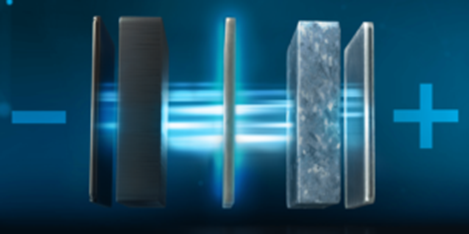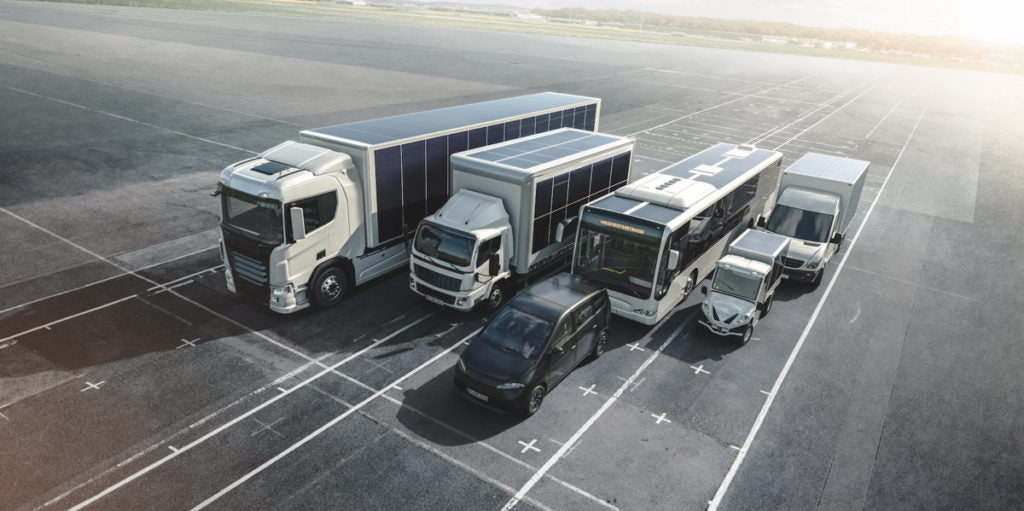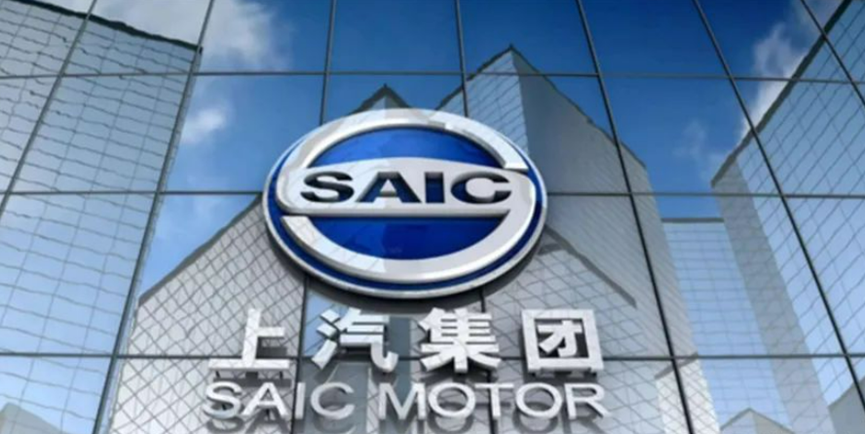http://www.iccsino.com/news/show-htm-itemid-16777.html
Battery | Preparing for electrification: OEMs reinforcing solid-state batteries
OEMs, as main investors of solid-state battery technology, are reinforcing layout in the field of solid-state batteries, indicating the urgency of car companies' demand for next-generation battery technology.


In order to accelerate the transformation of electrification, international OEMs have accelerated the process of self-developed batteries and taken solid-state batteries as their core competitiveness in the new energy tracks.
Recently, Nissan Motor announced that it has reached a cooperation with NASA and Tokyo Institute of Technology and other units to jointly study what kind of materials to use to create an all-solid-state battery (ASSB) based on the solid electrolyte of sulfide, and also conduct research on the analysis of the internal chemical reaction of the solid-state battery, and has completed the charge and discharge test of the electrode with an energy density of 1000Wh/L.
As part of the "Nissan Vision 2030", Nissan will conduct a feasibility study for laboratory-level all-solid-state battery R&D and mass production in 2022, and plans to build a pilot plant in Yokohama, Japan in 2024 for small-scale mass production, and is expected to launch an electric model equipped with Nissan's original all-solid-state battery by 2028.
In addition to Nissan, Honda and Toyota also disclosed their planning goals in the field of solid-state batteries.
Honda decided to invest about 43 billion yen (about 2.2 billion yuan) to build an all-solid-state battery demonstration production line, which is scheduled to be completed and put into operation in the spring of 2024. The goal is to launch an electric model equipped with all-solid-state batteries in 2026-2030.
Toyota plans to invest 1.5 trillion yen in the development of power batteries and their battery supply chains by 2030, and is expected to achieve small-scale mass production of all-solid-state batteries by 2025 and the launch of all-solid-state battery electric models by 2030.
This means that the three mainstream Japanese car companies have chosen solid-state battery technology as an important direction for their electrification transformation, and all plan to produce their own solid-state batteries to strengthen their control over new power battery technologies.
It is worth noting that in addition to the above three Japanese car companies, international OEMs including Volkswagen, BMW, Mercedes-Benz, Ford, Stellantis, General Motors, Hyundai and other international OEMs are also laying out solid-state battery technology and formulating a mass production schedule for solid-state battery models.
In addition, local OEMs, including SAIC, GAC, BAIC, Great Wall, Dongfeng, and, are also laying out solid-state battery technology through investment or independent research and development, and actively promoting the commercial application of solid-state batteries.
At present, the main players in the field of solid-state batteries include three categories: the first type is the main engine factory, representing the car companies Toyota, Honda, Nissan, etc., the main purpose is to support its electric vehicle models and to master the core technology of power batteries to enhance market competitiveness.
The second category is power battery companies, including CATL, Guoxuan Hi-Tech, Farasis, Panasonic, LG Energy Solution, Samsung SDI, SK on. Other Chinese, Japanese and Korean power battery companies are actively developing solid-state batteries, mainly for their main engine manufacturer customers to provide supporting facilities, maintaining their competitive advantage in the field of power batteries.
The third category is solid-state battery start-up companies, including Weilan New Energy, Qingtao Energy, ProLogium, Tailan New Energy, Quantum Scape, Solid Power, Factorial Energy and other start-up solid-state battery companies which have received investment from OEMs, battery companies and investment institutions, becoming the most active players in the solid-state battery track.
Overall, the layout of OEMs in the field of solid-state batteries continues to heat up, which is the main body of investment in solid-state battery technology, indicating the urgency of car companies' demand for next-generation battery technology.
At present, international OEMs including Volkswagen, Mercedes-Benz, BMW, Stellantis, Ford, GM, Hyundai and other international OEMs are actively investing in solid-state battery start-ups to accelerate the commercialization of solid-state batteries through joint development. At the same time, it provides funds to help invested solid-state battery companies build factories and expand production capacity, and actively test their solid-state battery samples.
Judging from the mass production schedule of solid-state battery models formulated by the above-mentioned car companies, it is generally necessary to start road testing of vehicles equipped with all-solid-state batteries by 2025 and achieve large-scale applications around 2030, which indicates that all-solid-state batteries still face many difficulties in commercialization.
In this case, the hybrid solid-liquid electrolyte battery (semi-solid-state battery) is compatible with most of the materials, equipment and processes of the liquid lithium battery, and comprehensively balances the performance of safety, energy density, power density, cycle life, high and low temperature, etc., and is expected to take the lead in commercialization.
For example, NIO Automobile and Weilan New Energy have reached a cooperation and plan to launch a hybrid solid-liquid electrolyte battery with a single charge endurance of 1000km based on the NIO ET7 model, with a battery pack capacity of 150KWh and an energy density of 360Wh/kg. Dongfeng Motor took the lead in releasing an electric vehicle equipped with Ganfeng Lithium battery hybrid solid-liquid electrolyte lithium battery - Fengshen E70.
At the same time, battery companies including Guoxuan and Farasis are also accelerating the industrialization process of their semi-solid-state batteries.
The consensus of the above-mentioned OEMs and battery companies is that the large-scale mass production of all-solid-state batteries is still facing many practical difficulties, coupled with the urgent demand for high-safety, high-energy density power batteries for new energy vehicles, solid-liquid hybrid electrolyte batteries can be used as a transition plan for the development of solid-state batteries to take the lead in commercialization.



